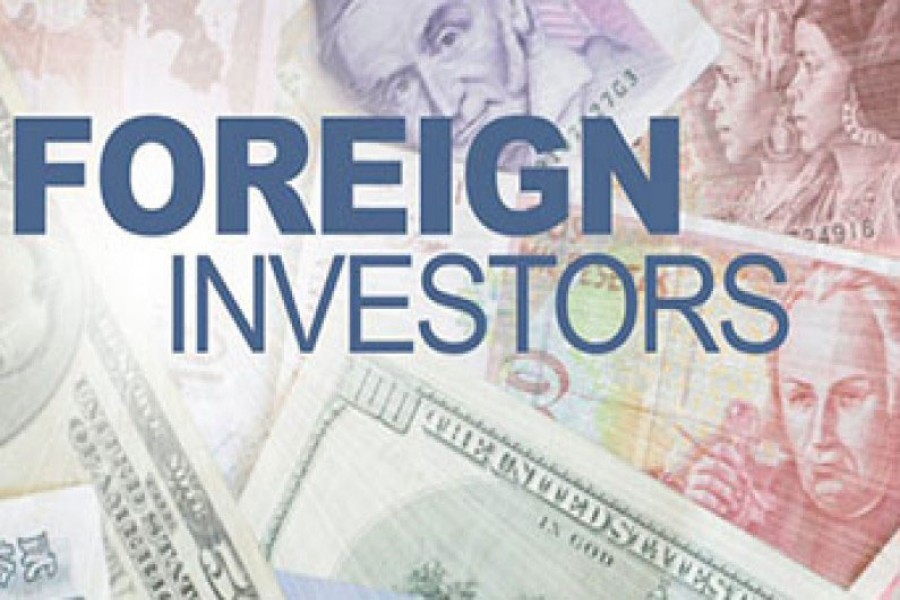
Published :
Updated :

Investor-state dispute settlement (ISDS) is a mechanism designed to protect interests of foreign investors. It provides the right to access an international tribunal against unfair or arbitrary treatment by foreign governments in whose countries the investors have invested. ISDS is included in various types of investment treaties or free trade agreements (FTAs). There are several reasons for which ISDS mechanism has started receiving attention of late.
The arbitrators sitting in an International Centre for Settlement of Investment Disputes (ICSID) tribunal and similar bodies apply treaty standards in each contentious case with substantial latitude to determine what the standard of protection means in practice. In addition, such arbitrators do not have to meet any rigorous qualification to get appointed as arbitrators. They are neither elected nor accountable to anyone. They are private arbitrators who are appointed on a case-by-case basis.
The cost of ISDS is very high compared to some international judicial bodies like the International Court of Justice. Thus, financially stronger parties may be in a stronger position. From some ISDS claims by investors, it appears that some parties discontinue due to high cost. Thus, a number of policy issues come forward due to high cost of investment arbitration. A 2012 survey conducted by the Organisation for Economic Co-operation and Development shows that legal and arbitration costs for the parties in ISDS cases have averaged over US$ 8 million with costs exceeding US$ 30 million in some cases.
Fees of legal counsels and experts increase the costs. Other components are arbitrator fees, institutional cost payable to the organisations such as ICSID, Permanent Court of Arbitration (PCA) or the Arbitration Institute of the Stockholm Chamber of Commerce (SCC). The role of third party financing or funding in international investment arbitration where the funder has no or inconsequential interest in the substantive issues of arbitral proceedings but still invest in the proceedings with a hope to gain some profit upon settlement of the dispute can be a matter of concern. Having financing help from a third party means having influence on the arbitral proceedings by such third party because of the substantive financial interests of such party.
Moreover, as already mentioned, with the additional and diverse interest in the arbitral proceedings, it will be a complicated task for the claimant's lawyers to maintain the sole interest of the claimant. The reason is there will be a genuine fear of the claimant's lawyers being influenced by the third party funder as he pays the fees of the lawyer.
Consequently, the existence of a third party funding agreement can prolong the settlement of the dispute. In addition, the funder's influence on proceedings may result in an 'abusive process'. The existence of a third party funding agreement might be a genuine threat to the claimant attorney's duty of confidentiality towards the client.
Arguably, decision-making in ISDS mechanism shows some inconsistency as interpretation of legal standards or rules is inconsistent in different disputes. In addition, in spite of having the same sort of issues in separate cases, the outcomes in some cases have been different. Recently some developed countries are excluding the ISDS tribunal option on the ground that they have firm belief in the robustness of their legal systems and hence they are excluding the ISDS option to settle any future dispute between the investors and the host states. However, the same states insist on inclusion of ISDS in treaties with developing countries and this is a clearly a double-standard of some developed countries.
The writer is a final year student of School of Law, BRAC University.


 For all latest news, follow The Financial Express Google News channel.
For all latest news, follow The Financial Express Google News channel.